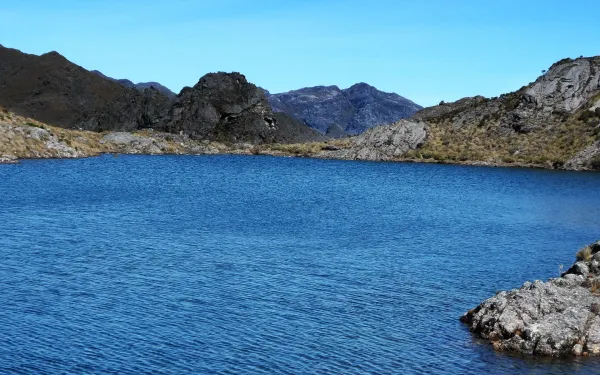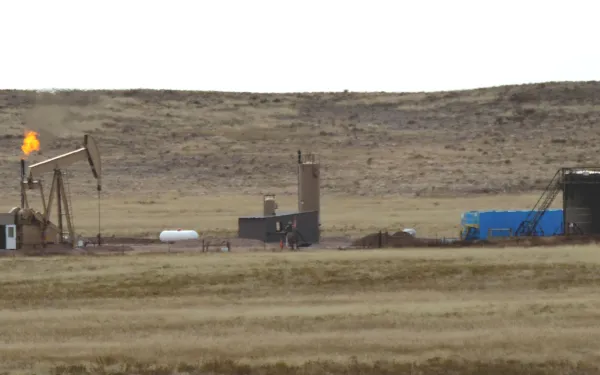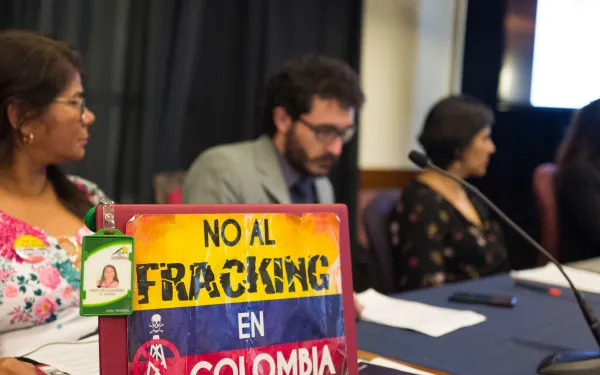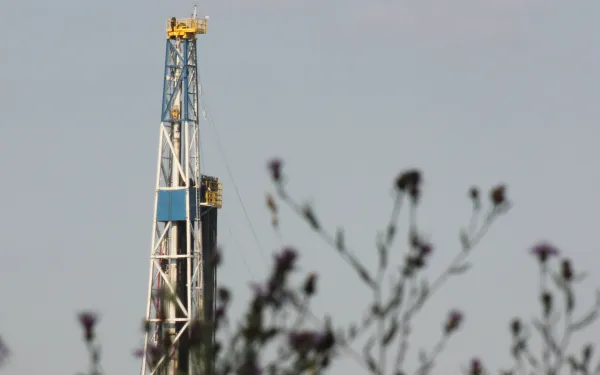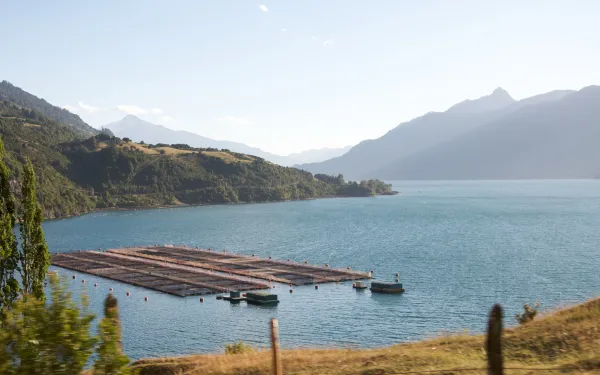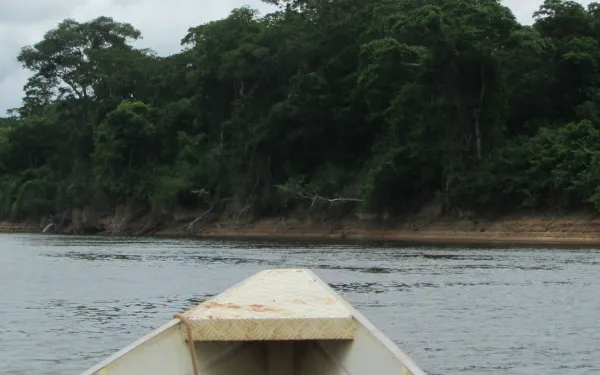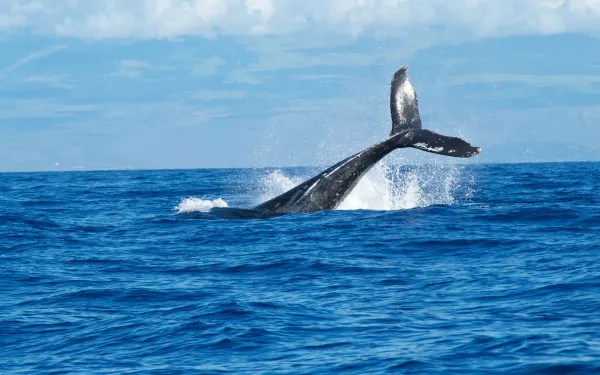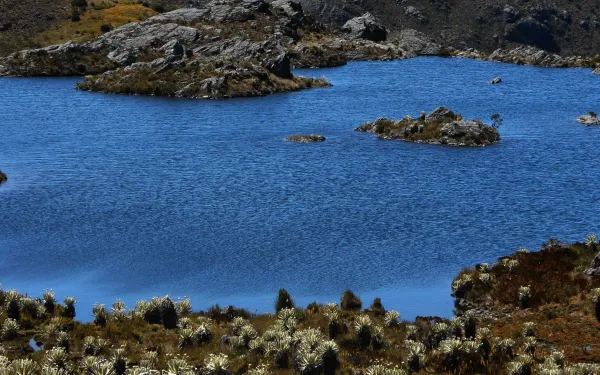
Organizations ask the UN to intervene in the protection of the Santurbán páramo, at risk from mining
They request that the United Nations Special Rapporteur on the Rights to Drinking Water and Sanitation prepare a report on the case, visit the site, and support the Colombian government in taking the necessary actions to protect the ecosystem, an important source of water for millions of people, from the dangers of mining. Bucaramanga, Colombia. Civil society organizations in Colombia sent a communique to Léo Heller, United Nations Special Rapporteur on the Rights to Drinking Water and Sanitation. In it, they warn that their rights are at serious risk in the face of proposed mining projects in or near the Santurbán páramo, a water source for more than 10 municipalities and 3 large cities. They request that the Rapporteur prepare a report on the case, visit the site, and support the Colombian government in protecting that ecosystem. Actions and omissions by the Colombian government have allowed the development of mining projects that threaten the availability and quality of water provided by the páramo. The government’s protection of the páramo did not include the entire ecosystem, leaving a part of it unprotected, and did not allow for public participation. As a result, the Constitutional Court ordered the government to redo the process of delimiting the páramo. The submission details: the process of defining the boundaries of the Santurbán páramo; the importance of that process for the environment and the enjoyment of the right to water in Colombia; the legal framework for the protection of páramos in the country; and the development of projects in or near the site. It also outlines associated environmental impacts or threats, including a decrease in the quality and quantity of water, contamination due to the use of explosives, a decrease in air quality, an increase in noise level, and the permanent loss of habitats. Likewise, the submission details the impacts of Investor State Dispute Settlement (ISDS) claims on governmental decisions to protect their water sources. Several mining companies have tried for more than 15 years to extract gold from the Santurbán páramo. Some of those are Canadian companies, who are currently using this arbitration process to demand hundreds of millions of dollars from the Colombian government in compensation for their “lost” profits. The organizations ask that the Rapporteur monitor the situation in the Santurbán páramo and urge the Colombian government to comply with its international obligations in relation to the right to water. Find more information on the case here. press contacts: Alix Mancilla, Comité para la Defensa del Agua y el Páramo de Santurbán, [email protected], +57 311 2439273 (Spanish only) Carlos Lozano, AIDA, [email protected], +57 300 56 40 282 Carla García, CIEL, [email protected], +1 202 374 2550 Kirsten Francescone, MiningWatch Canada, [email protected], +14373459881 Kristen Genovese, SOMO, [email protected], +31 65 277 3272
Read more
